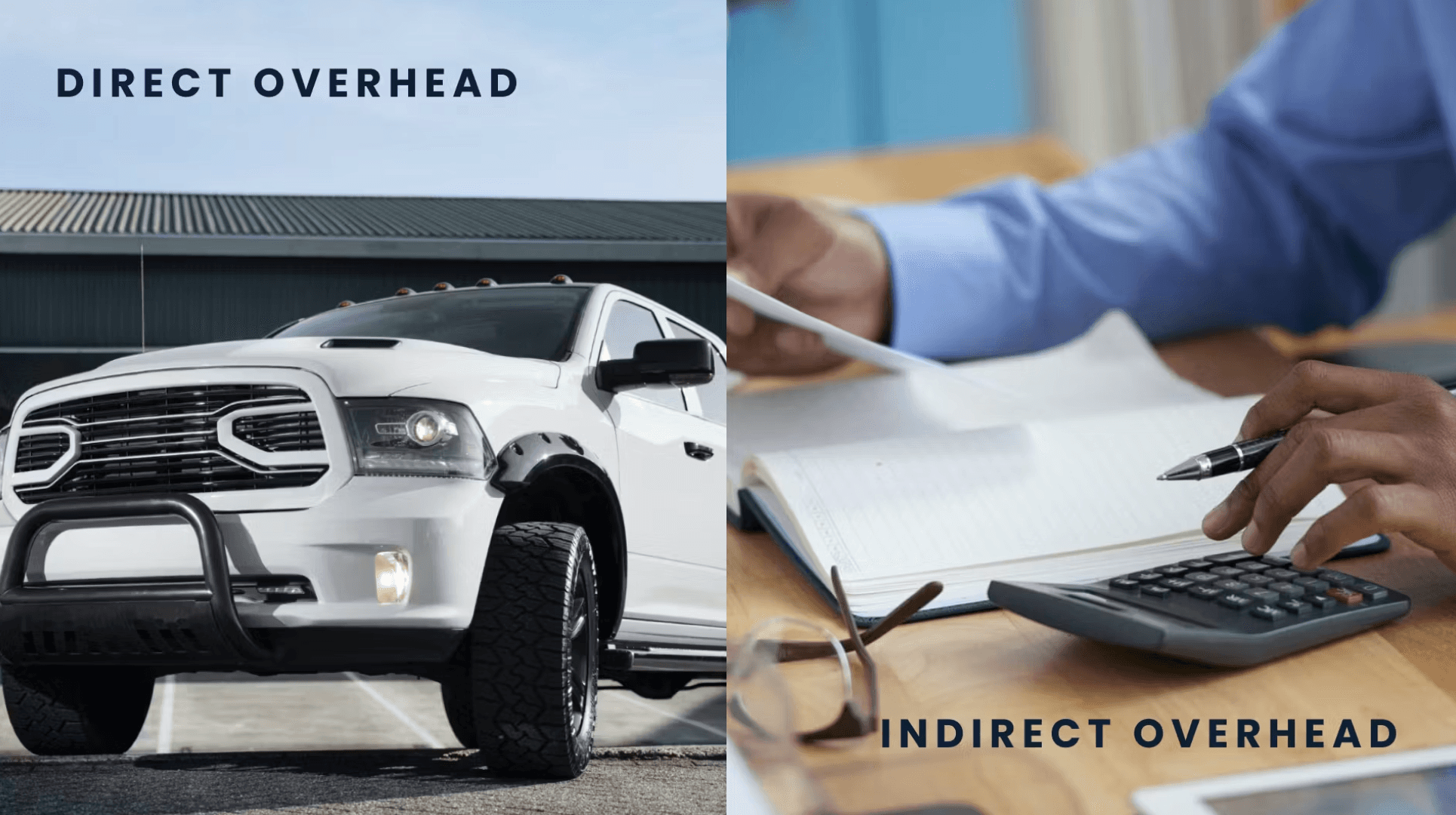Apr 17, 2023
Selecting the Right Pricing Model for Your Construction Jobs
Setting your construction business up for success often starts with a solid estimate and understanding of your business finances.
The first step to getting an accurate estimate is to decide what pricing model you are going to use. We’ve broken down three primary pricing models, their pros, cons, and ways you can get the most out of each of them.
Time and Materials
What it is:
Customers pay for your hourly time and the full price of necessary materials.
Example:
You accept a kitchen remodeling job and estimate that it will take two full weeks of work. You’ll charge the customer for 80 hours worth of work and invoice them for the cost of cabinets, nails, glue, etc.

Pros:
Doesn’t require a ton of time to prepare
Since you charge for every hour of labor, you won’t lose out on money
The customer feels like there are no hidden costs
Cons:
Customers can be frustrated if there is no payment ceiling
Managing logistics on-site can be harder because of the lack of conversations up-front in the selections process
Easy to miss unseen costs of running your business, creating the estimate, and any other office work
Tips for Managing This Model:
Sit down and find out how much you spend every month to keep your business running. Make sure your hourly rate accounts for and supports the rest of your business and not just your personal pay.
Communicate realistic timelines with customers to put a soft pay ceiling in place. If changes do come up, make sure there is paperwork to look back on. This will help you adjust for changes in the scope and specifications.
Add a markup to your material costs to ensure you are covering your time and potential waste.
Cost Plus
What it is:
A markup percentage is added to the estimated cost of the project.
Example:
You have estimated that a bathroom remodel will initially cost the client $25,000. This includes your labor and materials. A markup percentage needs to be added to account for your business expenses. If you want to grow your business, there also needs to be a profit percentage added. For this project, you believe a 25% total markup will help you cover your overhead and reach a profit. This means that $5,000 will be added and make the project total $30,000 for the customer.

Pros:
Guaranteed profit margin for you and your business
Any extra tasks added to the project have an agreed upon cost and percentage
Flexes with changing material costs
Customer has the opportunity to save money
Cons:
Massive range for the customer depending on changes
Could be harder to sell to customer
There is a lot of data to present and justify
Extra work to determine necessary markup and profit percentages per project
Tips for Managing This Model:
Communication is key. Frequently update the customer on changes from the original estimate. Don’t leave any financial surprises for the end.
Keep accurate records and invoices for materials to ensure you are paid for relevant items.
Fixed Price
What it is:
The entire cost of a project is estimated and determined before the project begins.
Example:
You and a client have gone through your thorough design and estimate phase for a $100,000 project. Since you know all the work that needs to be done, you can set it as a fixed price. This cost should have your profit and markup margins added as well.

Pros:
Homeowners can have confidence that the project will not exceed their budget
Easier to sell up-front
Clear scope of work and costs
Cons:
You can lose money if you don’t have a proper system to track and receive payment for change orders Estimates and proposals need to be bulletproof
If you go over your estimated schedule, you dilute your income as your pay may not increase
Takes a lot of effort and time before you ever get on-site
Tips for Managing This Model:
Consider charging for your design and estimate services to ensure you are getting paid for all aspects of your work
Construction estimating software can help you speed up the longer and more thorough fixed price process








